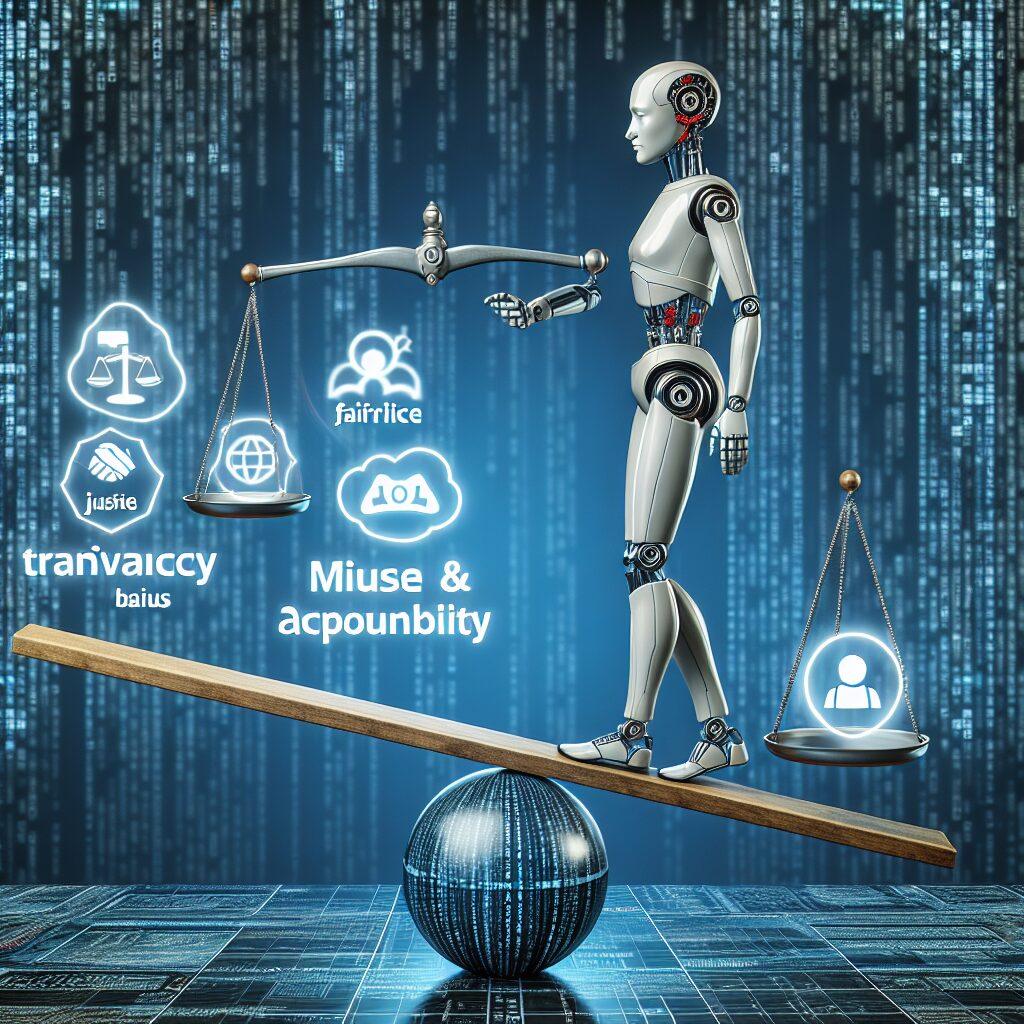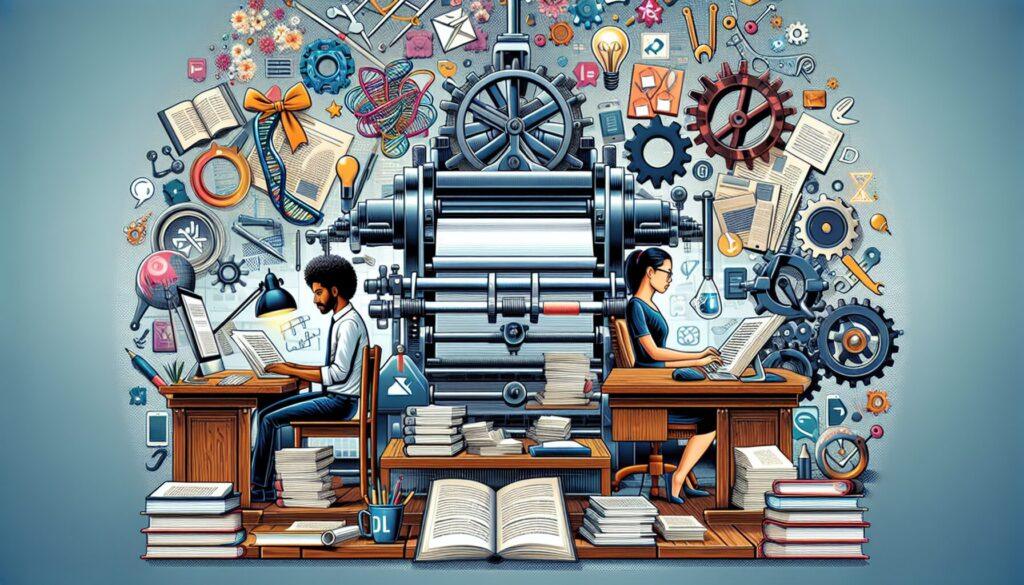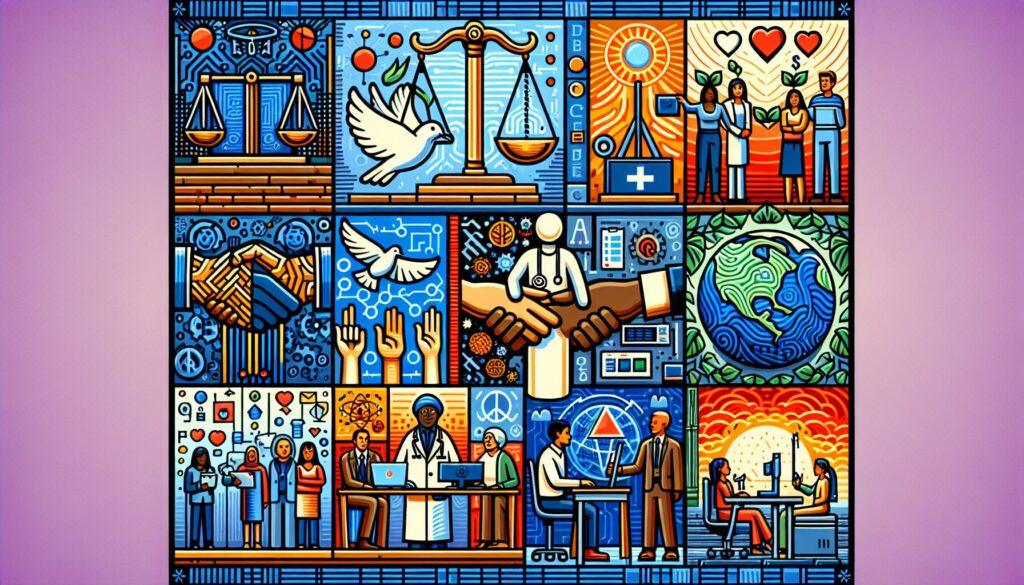As artificial intelligence (AI) continues to evolve, it profoundly impacts varied features of society, from healthcare and finance to leisure and transportation. This fast growth brings with it a singular set of moral challenges and issues that we should deal with to make sure AI applied sciences are deployed responsibly and pretty.
Understanding AI Ethics
AI ethics is a area involved with the ethical implications and societal affect of AI techniques. It encompasses a variety of points, together with privateness, bias, accountability, transparency, and the longer term of work. As AI systems turn out to be extra autonomous and built-in into day by day life, guaranteeing they align with human values and moral ideas turns into more and more essential.
Key Ethical Concerns
- Bias and Fairness: AI techniques can inadvertently perpetuate and even exacerbate present biases current within the knowledge they’re educated on. Ensuring that AI fashions are truthful and unbiased is important to forestall discrimination and promote equality.
- Privacy and Surveillance: As AI techniques gather and analyze huge quantities of private knowledge, issues about privateness and surveillance have intensified. Striking a stability between leveraging knowledge for innovation and defending particular person privateness is important.
- Transparency and Explainability: AI techniques typically function as “black containers,” making selections with out clear explanations. Enhancing transparency and explainability will assist construct belief and allow customers to know how selections are made.
- Accountability: Determining who’s liable for the actions and outcomes of AI techniques is a fancy situation. Clear accountability frameworks are vital to handle potential hurt and be certain that AI applied sciences are used ethically.
- Impact on Employment: The automation of duties via AI may result in vital modifications within the workforce. Preparing for these shifts and guaranteeing a good transition for affected staff is a urgent moral concern.
The Role of Regulations and Standards

Governments and worldwide organizations are starting to acknowledge the necessity for complete rules and requirements to information the moral growth and deployment of AI. The European Union’s AI Act, for instance, goals to determine a sturdy authorized framework to handle varied moral issues. These rules search to stability innovation with moral issues, selling the accountable use of AI applied sciences.
The Importance of Multidisciplinary Collaboration
Addressing the ethical challenges of AI requires collaboration throughout disciplines, together with laptop science, regulation, philosophy, sociology, and extra. Engaging various stakeholders, together with technologists, policymakers, ethicists, and the general public, will assist be certain that AI techniques are designed and deployed in methods which are aligned with societal values.
Looking Ahead
The future of AI and ethics might be formed by our capability to anticipate and deal with new challenges as they come up. As AI technologies turn out to be extra pervasive, fostering an ongoing dialogue about their moral implications might be important. By prioritizing moral issues in AI growth, we will harness the potential of these applied sciences to learn society whereas minimizing dangers and defending basic human rights.
In conclusion, the intersection of AI and ethics presents each alternatives and challenges. Navigating this advanced panorama would require vigilance, collaboration, and a dedication to aligning AI developments with moral ideas to make sure a good and equitable future for all.


